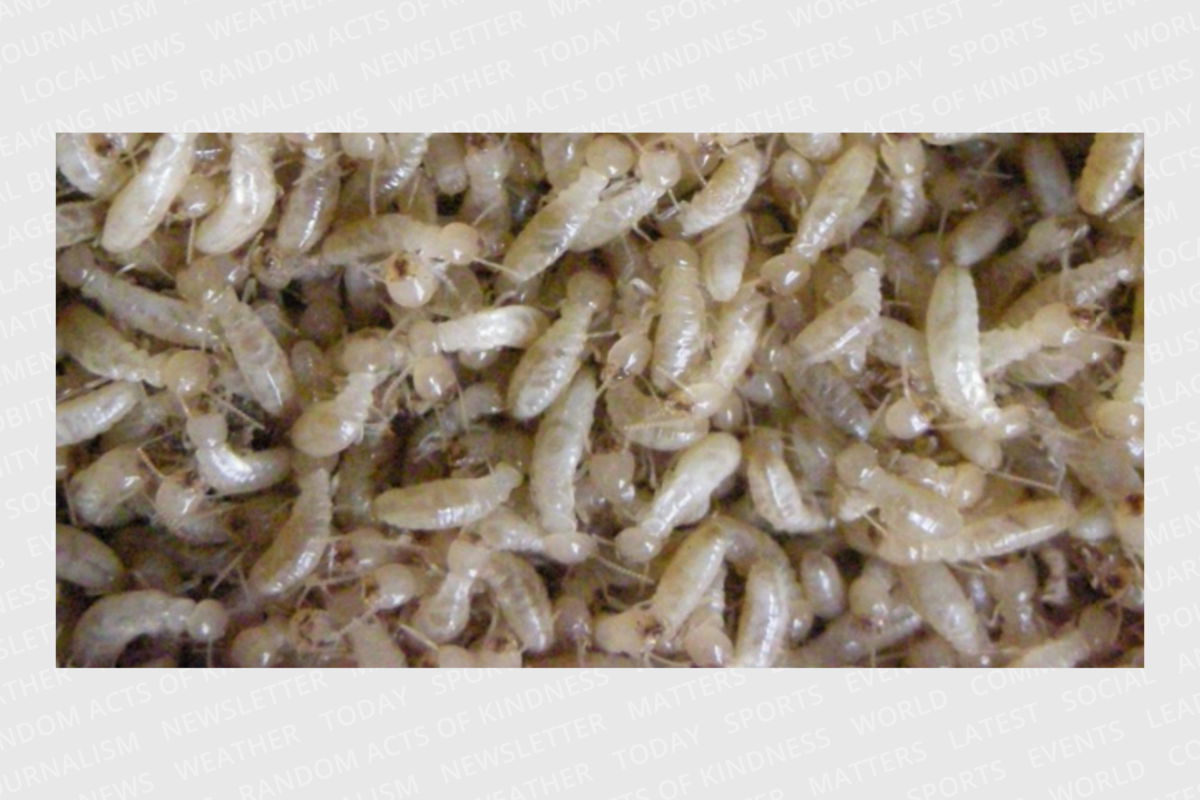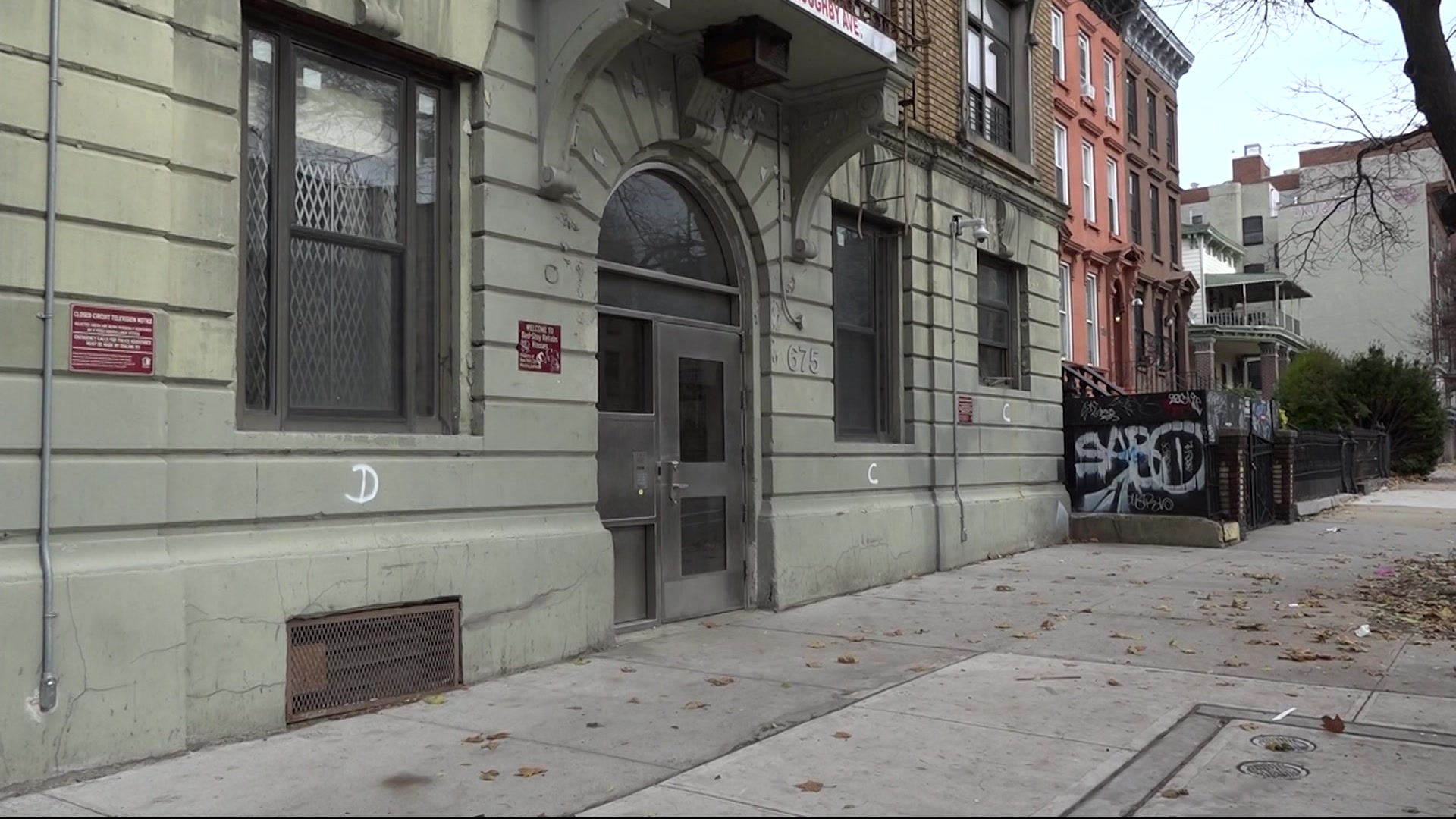Q: Our small HOA has split wall units with varying degrees of termite infestations and the owners are requesting that the HOA address the issue. However, our CC&Rs make no mention of termites and we have no “other maintenance regimen” as required by 4780(b). What does our HOA need to do to be legally authorized to treat wood-destroying pests? Section 4780(b) requires a vote by members. Are there other ways? I would like to present all compliance opportunities to the board.
WR, Aptos
A: If your HOA is a condominium project, Section 4780(a) of the Civil Code places responsibility for termite management on the HOA, while subsection (b) places that responsibility for proposed developments on the individual owners. I am assuming that you live in a planned development with adjacent houses. If your CC&Rs don’t say anything about treating termites (most developers don’t take this into account when setting up connected planned developments), a problem arises – trying to treat houses individually when they are connected doesn’t help.
Yes, subsection (b) allows the HOA to have a member vote to transfer this responsibility to the HOA, but it might be better to instead amend the CC&Rs to be permanently stated in the document for prospective directors and homeowners. Some members of my clients have worked with neighbors in their same building to tent their building together. Other than that, it’s point treatment until members come together for a vote.
Q: Our HOA tented every single building for termite fumigation. We didn’t want fumigation because of the chemicals that would be pumped into our homes. So our building was not provided with a tent. We asked our HOA to find an alternative treatment as we have health issues and are medically certified to have an alternative treatment performed at our home instead of fumigation. Our HOA wants to sue us for non-compliance with treatment. I need to know if they can sue us or if they have to comply with our request and treat the wood differently.
MM, San Diego
A: This is a difficult conflict. Protecting the structural health of the frame is very important and a safety concern for the entire HOA. A powerful statute, Civil Code Section 4785, allows the HOA to track the “summary removal” of residents after announcing an upcoming termite treatment. “Summary removal” doesn’t mean the HOA can just barge in and challenge you – court cases are still required.
Has your doctor said you have a disability that residual elements from fumigation could affect your health? Would a slightly longer stay provide more time for fumigation to dissipate and address your health concerns? The board has wide latitude while relying on expert advice regarding HOA maintenance methods, per the landmark 1999 Supreme Court decision of Lambden v. La Jolla Shores (a case involving a dispute about the method of termite prevention). If the HOA’s expert recommended general fumigation, the HOA may argue that risking the structural health of the entire building to accommodate you is not a reasonable accommodation. The HOA and you should stay out of court. Work this out with your HOA neighbors.
Kelly G. Richardson CCAL is a Fellow of the College of Community Association Lawyers and a Senior Partner at Richardson Ober LLP, a California law firm known for advising community associations. Submit column questions to kelly@roattorneys.com. Previous columns at www.HOAHomefront.com.








